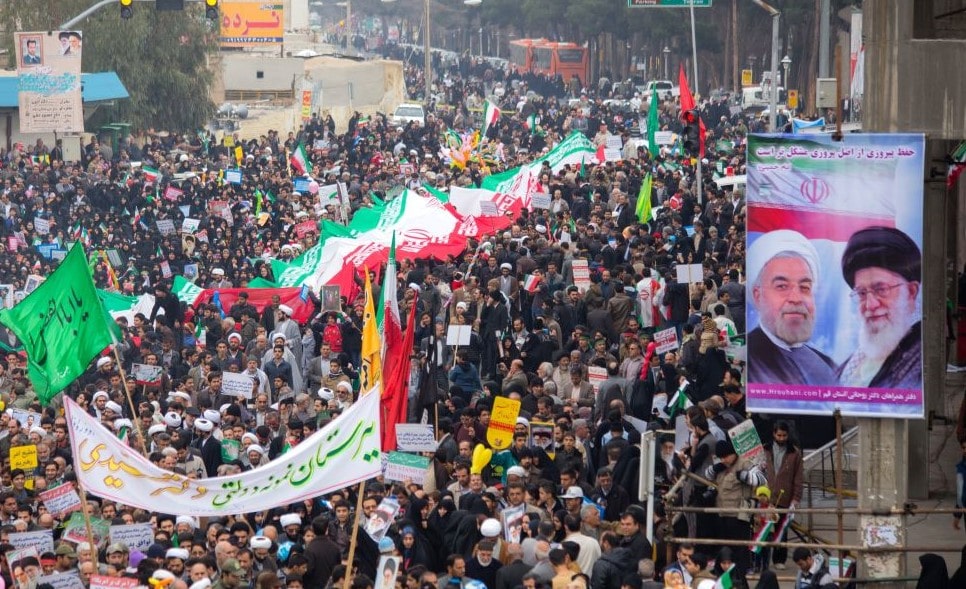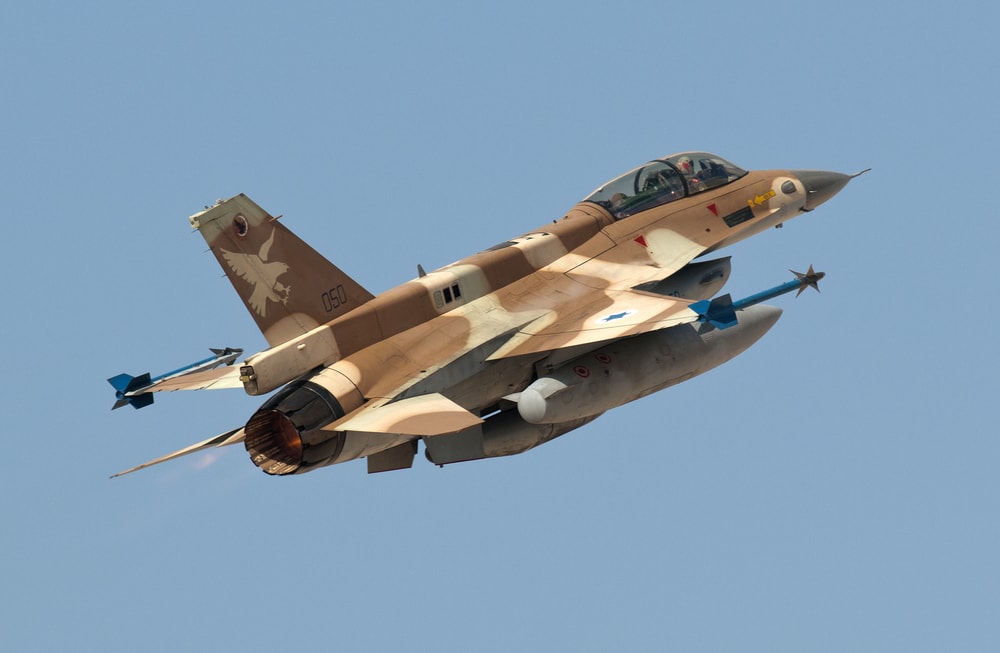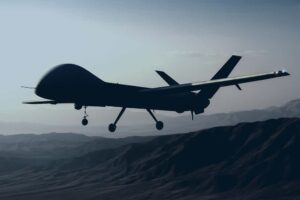Israel-UAE-Bahrain coalition a nightmare for Iran; early signs suggest that Arab-Israeli alliance will pose aggressive challenge to Tehran.

An Arab-Israeli military alliance against Iran is naturally a sensitive issue, to be discussed behind closed doors. However, indications are growing that a united front is taking shape, and that it could be more aggressive than expected.
Israel, Bahrain and the United Arab Emirates have been quietly cooperating on security issues for years. But after signing recent peace agreements, the three allies are now ready to take their battle against Iran to the next level.
A senior Bahraini official told Makor Rishon weekly that discussions are underway for a defense agreement with Israel. The pact will stipulate that Israel and Bahrain will assist each other in case of a conflict with a third country, he said.
The unnamed official did not specifically mention Iran, but Tehran will no doubt be the focus of any defense pact. A mutual pledge to offer active support in case of a military conflict with Iran could carry dramatic implications.
Meanwhile, the president of Bahrain’s journalists association issued a veiled threat to Tehran in an op-ed for Israel Hayom daily.
Israel and Bahrain are strong enough to ultimately “eradicate their enemies,” Ahdeya Alsayed wrote, warning that Iran and other radical elements will aim to derail peace efforts. She also predicted the downfall of “evil forces” in the region, asserting that extremist regimes and ideologies have no place in the Middle East.
The unusually blunt tone suggests ambitious intentions that could directly challenge Iran and threaten the very survival of the regime. This message, which likely reflects the views of Bahrain’s leaders, will cause great concern in Tehran.
Ideal base for Iran strike
Like Bahrain, the UAE also views Iran as a major threat. However, Emirati officials are careful to avoid friction or provocations given the close ties between the countries and the large local Iranian community.
Still, a senior Emirati official acknowledged that Iran’s “aggressive policies” were a key factor in advancing ties with Israel. Moreover, he urged Israel to view the relationship “strategically” and look beyond the short term. While his comments were general, they also apply to the security sphere and to a long-term vision for countering Iran.
Meanwhile, a counter-terrorism official in Dubai called for close cooperation in fighting terrorists. Israel and UAE should pool all their resources to tackle terror threats across the region, Dr. Ali al-Nuaimi told The Jerusalem Post. Iran’s terror proxies will surely be a high priority in these efforts.
Given the intricate and nuanced UAE-Iran dynamic, Dubai currently prefers to counter Tehran through diplomatic measures. Hence, Emirati officials may not wish to rush into a strategic military partnership with Israel, says former IDF intelligence officer Danny Citrinowicz.
However, the UAE’s limited defense capabilities suggest that a higher threat level could eventually prompt stronger cooperation.

Initially, such Arab-Israeli alliance could focus on soft power options such as diplomacy and technological projects, Citrinowicz wrote. But later on, Israel and UAE could join forces in more aggressive moves, including cyber attacks and collaborating on a strike to destroy Iran’s nuclear sites.
A joint effort to execute a military strike could be a critical factor according to another analysis, especially if Israel uses UAE bases to launch an attack. This would greatly simplify the logistics of IDF operations and boost its chances of success.
Moreover, Israel could use UAE bases to collect valuable intelligence and enable emergency landings of fighter jets if necessary.
Iran’s regional status at risk
Overall, the Arab-Israeli alliance has a strong potential to shift the regional balance of power, analyst Sina Azodi observed. This possibility is liable to increase Iran’s sense of insecurity, he wrote.
The new coalition constitutes a “strategic nightmare” for Iran, an article in Foreign Policy magazine argued recently. Tehran is particularly alarmed to see Israel gaining a foothold in immediate proximity to Iran’s borders.
UAE has already expressed an interest in acquiring Israel’s Iron Dome missile defense system, Azodi noted. Moreover, a senior IDF officer hinted that Israel could also deploy an advanced radar right on Iran’s doorstep.
Iran’s growing concerns are prompting angry reactions and threats from Tehran. Most recently, Defense Minister Amir Hatami warned that the new Arab-Israeli alliance undermines the security situation in the Gulf. Any threat posed by Israel in the area will be met with a “clear and direct response,” he vowed.
However, Iran faces a difficult predicament as it weighs its options. Empty rhetoric is bound to make little impact, but aggressive moves will alarm Tehran’s anxious neighbors and likely encourage closer cooperation with Israel.
One way or another, Iran’s leaders will need to come up with answers to prevent a dangerous erosion in Tehran’s regional status. Ultimately, a weaker Iran could spell the end of the Ayatollah regime.


